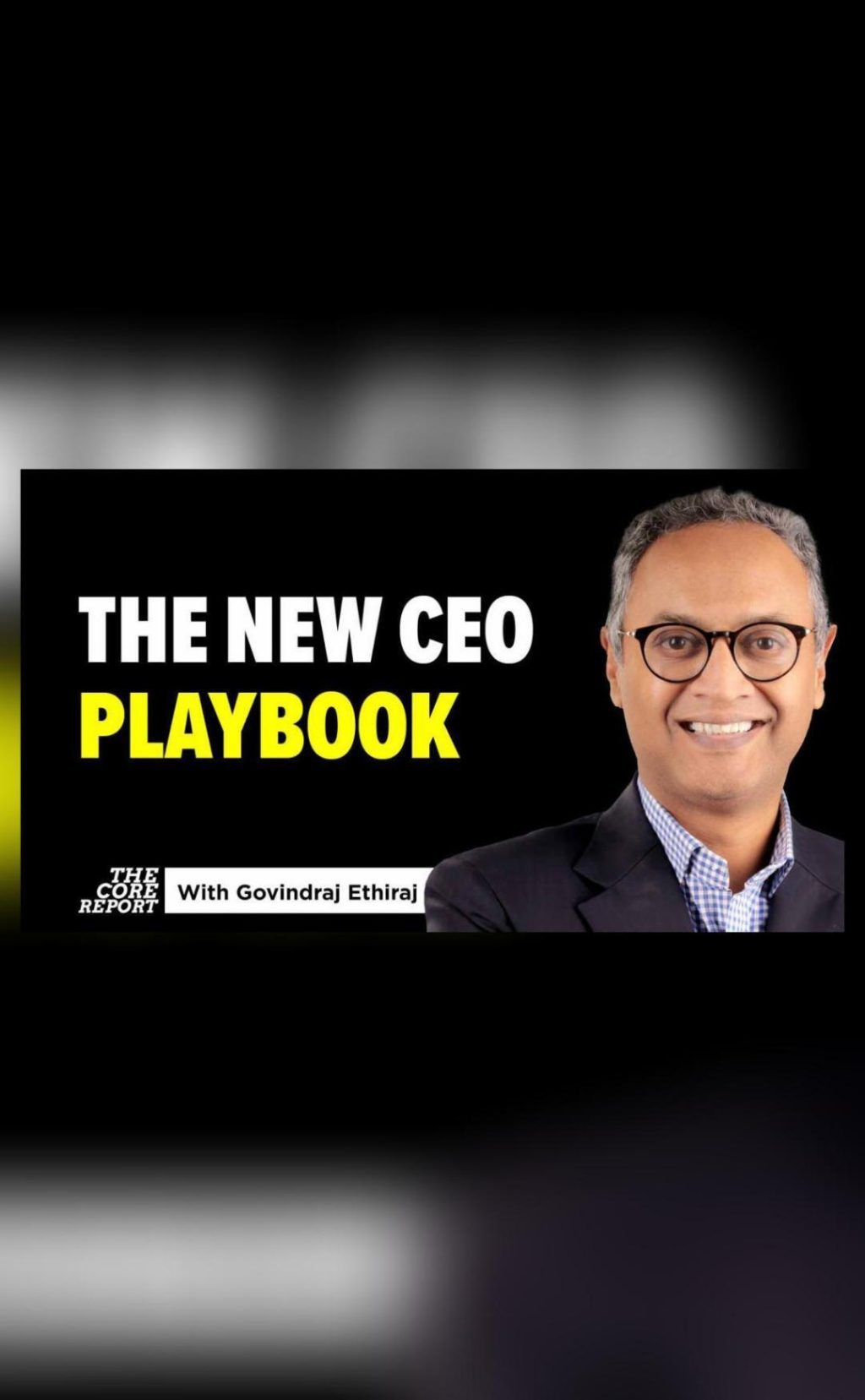
The New CEO Playbook: AI Pressures & Global Tariff Shocks
As the world continues to evolve at an exponential rate, CEOs of leading companies are facing unprecedented challenges. The rapid advancements in Artificial Intelligence (AI) are reshaping industries, while global tariff shocks are disrupting trade patterns. This perfect storm is forcing business leaders to rethink their strategy and operations to stay ahead of the curve.
In this blog post, we’ll explore the key pressures and shocks faced by CEOs today, and provide insights on how they can adapt and thrive in this new landscape.
Internal Pressures: The Need to Automate and Innovate
AI is transforming industries at an incredible pace, and CEOs are under intense pressure to adopt this technology to stay competitive. The need to automate and innovate is no longer a luxury, but a necessity. Companies that fail to adapt will be left behind, unable to keep up with the pace of change.
According to a recent report by McKinsey, AI has the potential to increase productivity by up to 40% in the next few years. However, this requires significant investment in training and upskilling employees, as well as developing new business models that leverage AI capabilities.
CEOs must prioritize the development of AI capabilities, while also ensuring that their workforce is equipped to work with these new technologies. This includes investing in employee training and development programs, as well as creating a culture that encourages innovation and experimentation.
External Pressures: Shifting Trade Policies and Tariff Shocks
The global trade landscape is undergoing a significant shift, with tariff shocks and shifting trade policies creating uncertainty and volatility. The US-China trade war, Brexit, and other trade agreements are all contributing to a complex and rapidly changing environment.
CEOs must navigate these challenges by diversifying their supply chains, investing in research and development, and building strong relationships with customers and suppliers. They must also be prepared to adapt quickly to changing trade policies and regulations.
A recent survey by the World Economic Forum found that 80% of CEOs believe that trade tensions will continue to rise in the next few years. However, only 30% believe that their companies are prepared to adapt to these changes.
The Need for Localisation, Adaptation, and Innovation
In the face of these challenges, CEOs must rethink their strategy and operations to stay ahead of the curve. This includes localising their supply chains, adapting to changing consumer preferences, and investing in innovation and R&D.
Companies that are able to adapt quickly to changing market conditions are more likely to succeed in the long term. This requires a culture of experimentation and innovation, as well as a willingness to take calculated risks.
A recent example of a company that has successfully adapted to changing market conditions is Nike. The company has invested heavily in digital marketing and e-commerce, and has developed a range of new products and services that cater to changing consumer preferences.
The New CEO Playbook
So, what does this mean for CEOs? Here are some key takeaways from the new CEO playbook:
- Prioritize AI adoption: Invest in AI capabilities to stay competitive, and ensure that your workforce is equipped to work with these new technologies.
- Diversify your supply chain: Build strong relationships with customers and suppliers, and diversify your supply chain to mitigate the risks of tariff shocks and trade disruptions.
- Invest in R&D: Invest in research and development to stay ahead of the curve, and to develop new products and services that cater to changing consumer preferences.
- Create a culture of innovation: Encourage experimentation and innovation, and create a culture that is willing to take calculated risks.
- Stay agile: Be prepared to adapt quickly to changing market conditions, and stay ahead of the curve by anticipating future trends and challenges.
Conclusion
The world is changing at an incredible pace, and CEOs of leading companies are facing unprecedented challenges. From internal pressures to adopt AI and innovate, to external forces like shifting trade policies and tariff shocks, business leaders must rethink their strategy and operations to stay ahead of the curve.
By prioritizing AI adoption, diversifying supply chains, investing in R&D, creating a culture of innovation, and staying agile, CEOs can navigate these challenges and thrive in the years to come.
Watch the video:
For a deeper dive into the challenges faced by CEOs, watch this video: https://youtu.be/0osLVVtj7tY






